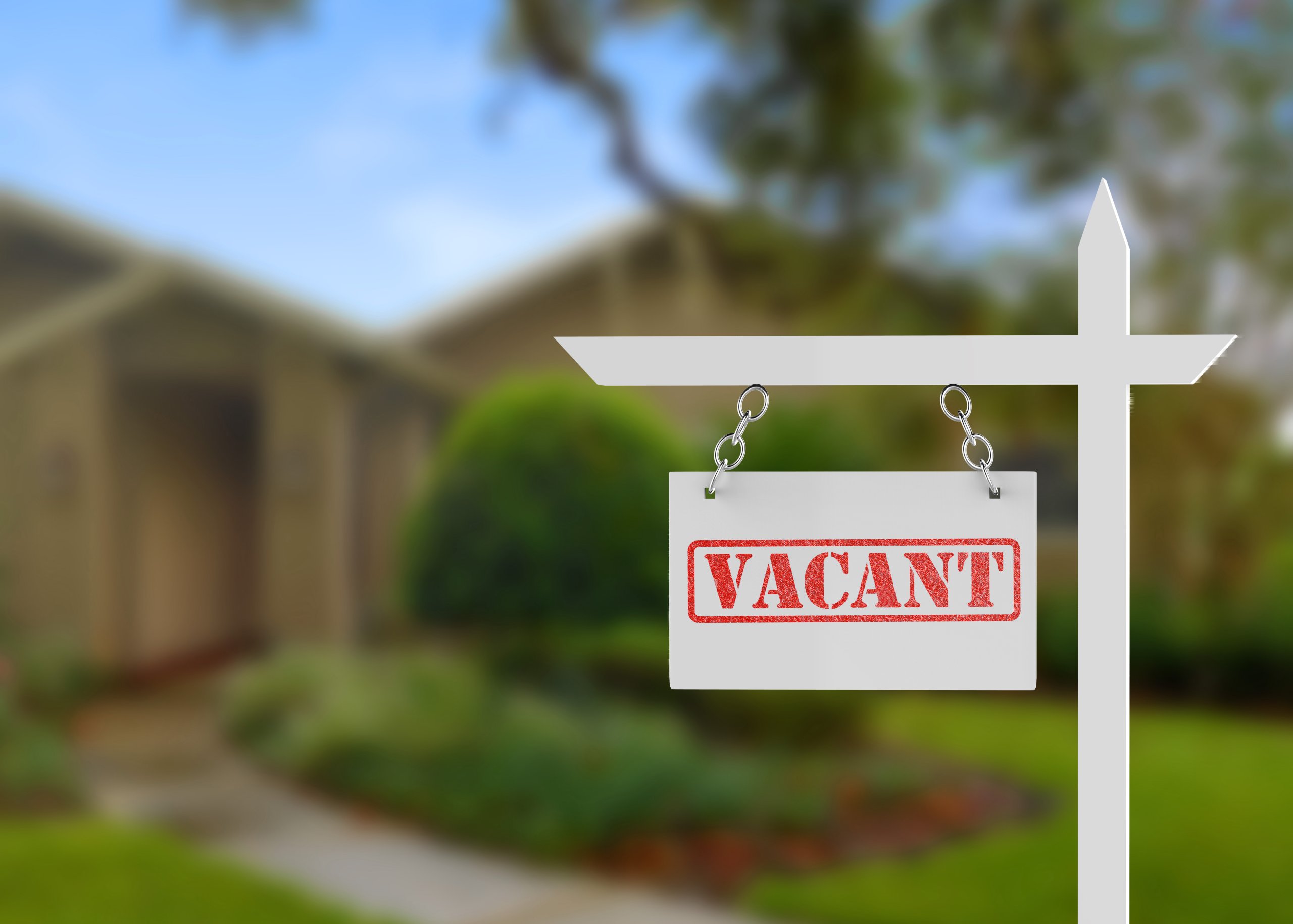An annual tax will be levied on vacant residences in Toronto and Ottawa, payable beginning in 2023. Real estate lawyers should be aware of the details to in order to properly advise clients who may own vacant properties in these cities.
Toronto
By February 2, 2023, all owners of residential property in Toronto must file a Declaration of their property’s 2022 occupancy status (even if they live there) via this online portal or by submitting a paper form. This tax will apply to properties that have been unoccupied for a total of six months during the previous calendar year or are otherwise deemed to be vacant under the By-law.
Failure to file a Declaration will result in the property being deemed vacant.
Implications for purchasers and vendors
- It is the responsibility of purchasers and vendors to make the appropriate arrangements to ensure that the declaration has been filed
- The Vacant Home Tax will form a lien on the property, and any unpaid taxes will become the purchaser’s responsibility
- If a closing occurs between January 1 and February 2, the vendor must complete the declaration prior to the closing, as only the vendor will know the property’s occupancy status for the prior year
- If a closing occurs after the declaration period – February 3 to December 31 – the purchaser must submit a declaration in the following year. The purchaser will qualify for the “transfer of legal ownership” exemption for the year in which the closing occurred, if the transfer was of a 100% interest in the property to an unrelated individual or corporation
- Vendors should provide a copy of the completed and filed property status declaration to the purchaser
- Vendors should provide a statutory declaration at closing confirming the filed property status declaration is true and correct
Calculation
A tax of one percent of the Current Value Assessment (CVA) will be imposed on all Toronto residences that are declared, deemed or determined vacant for more than six months during the previous year. For example, if the CVA of your property is $1,000,000, the tax amount billed would be $10,000 (1% x $1,000,000).
The tax is based on the property’s occupancy status for the previous year. For example, if the home is vacant in 2022 the tax will become payable in 2023.
For more information, such as the types of property status declarations, exemptions (and supporting documents), how to pay the vacant home tax and late payments, see the City of Toronto’s Vacant Home Tax page.
Ottawa
A similar tax was approved for the City of Ottawa. The first Declaration must be filed by April 30, 2023. In Ottawa, a unit will be considered “vacant” if it was not used as a principal residence and has been unoccupied for more than 184 days in the previous calendar year.
Implications for purchasers and vendors
If a closing is between January 1 and April 30 (which is the closing of the Vacant Unit Tax (VUT) declaration period), the vendor must complete the VUT property occupancy declaration in accordance with the By-law. As the declaration is for the prior year, only the vendor will know the property’s occupancy in the previous year.
If a closing is between May 1 and December 31, the purchaser must submit a VUT declaration in the following year. They will be able to claim the exemption for properties which are sold in the previous year.
As with property taxes, the Vacant Unit Tax will form a lien on the property, and unpaid taxes will become the purchaser’s responsibility.
Information for Purchasers
It is the responsibility of vendors and purchasers to make the appropriate arrangements to ensure that the VUT declaration has been filed. Legal counsel/representatives for purchasers may wish to consider requesting:
- a copy of the filed VUT declaration prior to closing
- a statutory declaration at closing confirming the filed VUT occupancy declaration is true and correct
- an express representation and warranty confirming that the property has not been vacant (as defined by the Vacant Unit Tax Bylaw) for more than 184 days during the current or prior year
- a holdback where the City has not yet determined if a property is subject to the Vacant Unit tax
- an adjustment for VUT on closing
Purchasers should do their due diligence to ensure they are aware of property tax liabilities.
For more information, such as eligible properties, tax amount, exemptions, documents required, late payments and FAQs, see City of Ottawa’s Vacant Unit Tax page.
TitlePLUS Coverage
Since any unpaid vacant home tax will form a lien on the land, TitlePLUS owner and lender policies will cover it (subject to any policy exclusions or exceptions).
If you have any questions about coverage, please contact TitlePLUS customer service at [email protected], 1-800-410-1013 or 416-598-5899.




